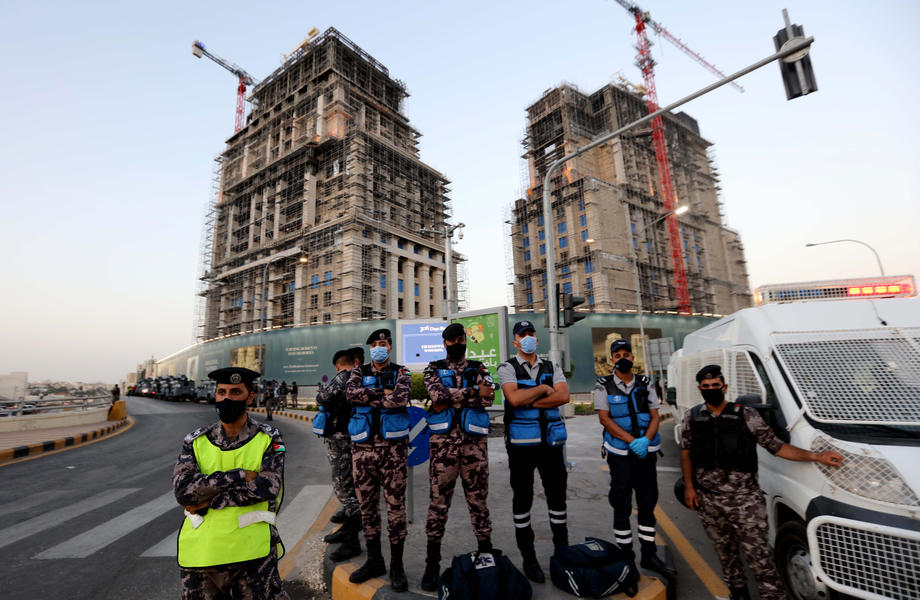The International Press Institute (IPI), a global network of editors, media executives and leading journalists for press freedom, today condemned the ban imposed by the Jordanian government on media organizations on reporting about the teachers’ strike.
On July 25, the attorney general issued a comprehensive publishing ban on reporting the situation, the impact of which was immediately felt by independent media.
As part of its efforts to limit the spread of Covid-19, the government declared a state of emergency in March 2020, introducing a 1992 Defense Law that gave authorities sweeping powers to impose curfews, close businesses – and gag the press.
Economic woes caused by the pandemic further challenged the cash-strapped government, which led to the cancellation of a pay raise deal struck with the Teacher’s Syndicate back in September 2019.
The teacher’s union took to the streets in protest of the government’s move, which rapidly escalated with the arrest of its board members and Attorney General Hassan Abdallat’s order to shut down the Syndicate for a period of two years.
Basil Okoor, publisher and editor in chief of the independent news outlet Jo24, was arrested himself after covering the detentions of teachers during the protests. “They accused me of violating the attorney general’s order” he told IPI. “They even questioned me about slogans I wrote on Facebook.”
Okoor said he continues to receive threats from the security apparatus, a week after his release. “Ever since the dispute with the teacher’s union began, the government has been treating journalists as the enemy”, he said. “I’ve been a journalist in Jordan for 22 years, and the situation now is the worst.”
According to Okoor, these measures are also undermining trust in the media. “While teachers were being arrested in the recent protests, all media outlets were reporting on the Shawarma poisoning instead, to avoid covering banned topics. I’ve already heard the term Shawarma Media thrown around.”
Daoud Kuttab, vice-chair of the IPI Executive Board, condemned the recent developments. “The combination of the ease and overreach by the attorney general in issuing wide-ranging gag orders and attempts to deter journalists through arrests and threats will have a chilling effect on independent journalism and will force journalists, editors and publishers to practice self-censorship. This is a bad turn of events for a small country that was on a gradual political reform trajectory.”
At least 13 journalists have been arrested and summoned for questioning by security forces since the pandemic began, according to human rights journalist Mohammad Shamma, who said a chilling effect is already palpable. “Fares Sayeg and Mohammad Khaldi from Roya TV were arrested after the broadcaster aired a story on people’s struggles under lockdown”, he told IPI. “They were charged with violating the anti-terrorism law. So now, quarantine and the challenges it poses is another topic journalists are wary to cover.”
“A gag order was also issued on discussing the most recent honor crime after it triggered protests and social media activism. All of this is really limiting journalists in their ability to fulfil their public duty.”
Early last month, King Abdullah said Jordan “brought the coronavirus under control” thanks to maintaining emergency regulations, and that unlike other countries in the region “Jordan would come out stronger from the crisis.”
